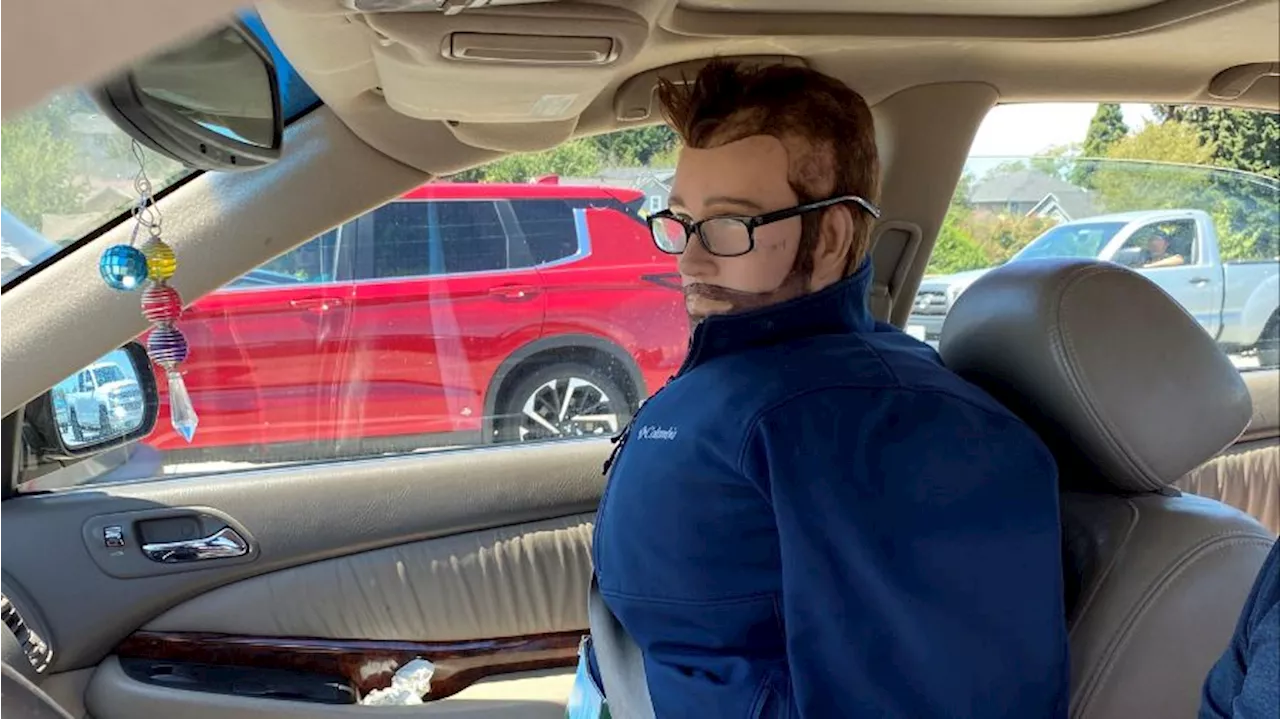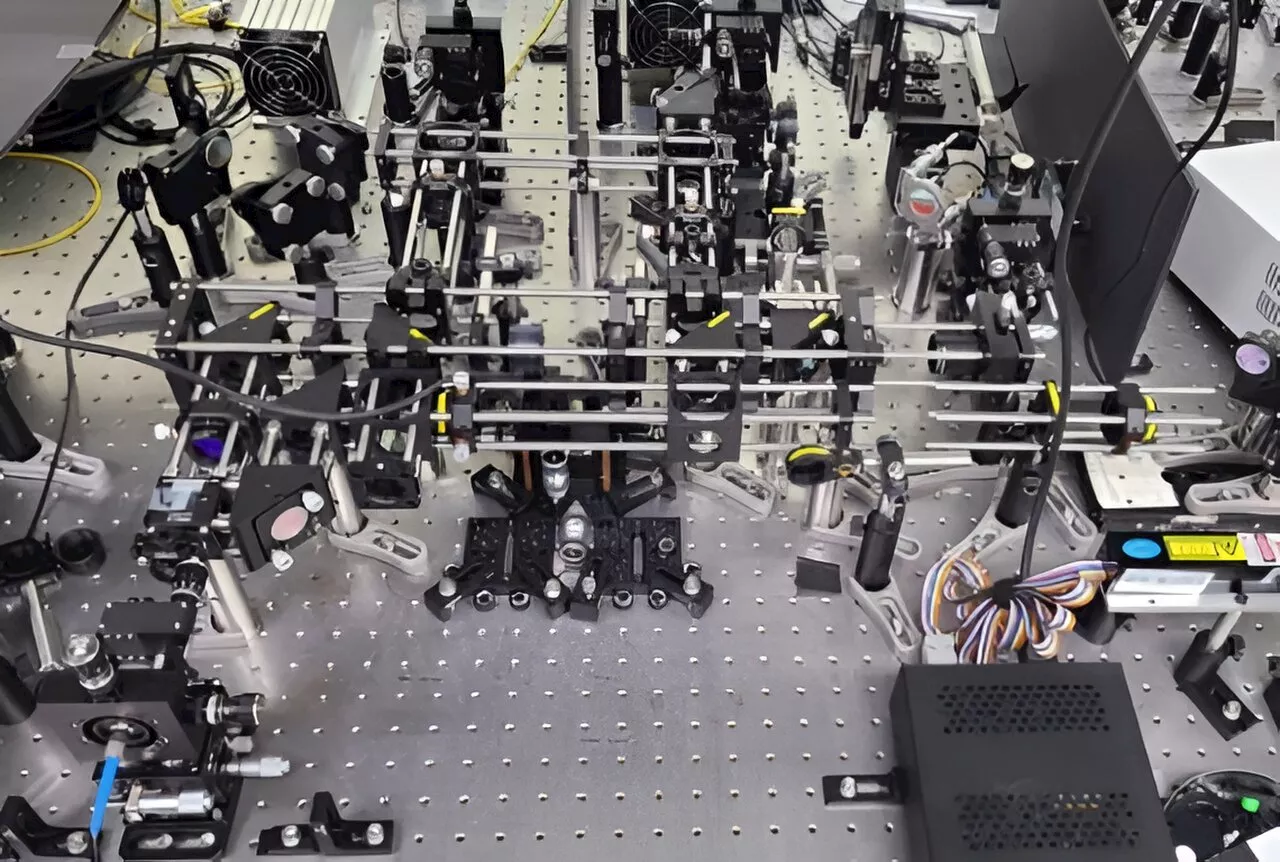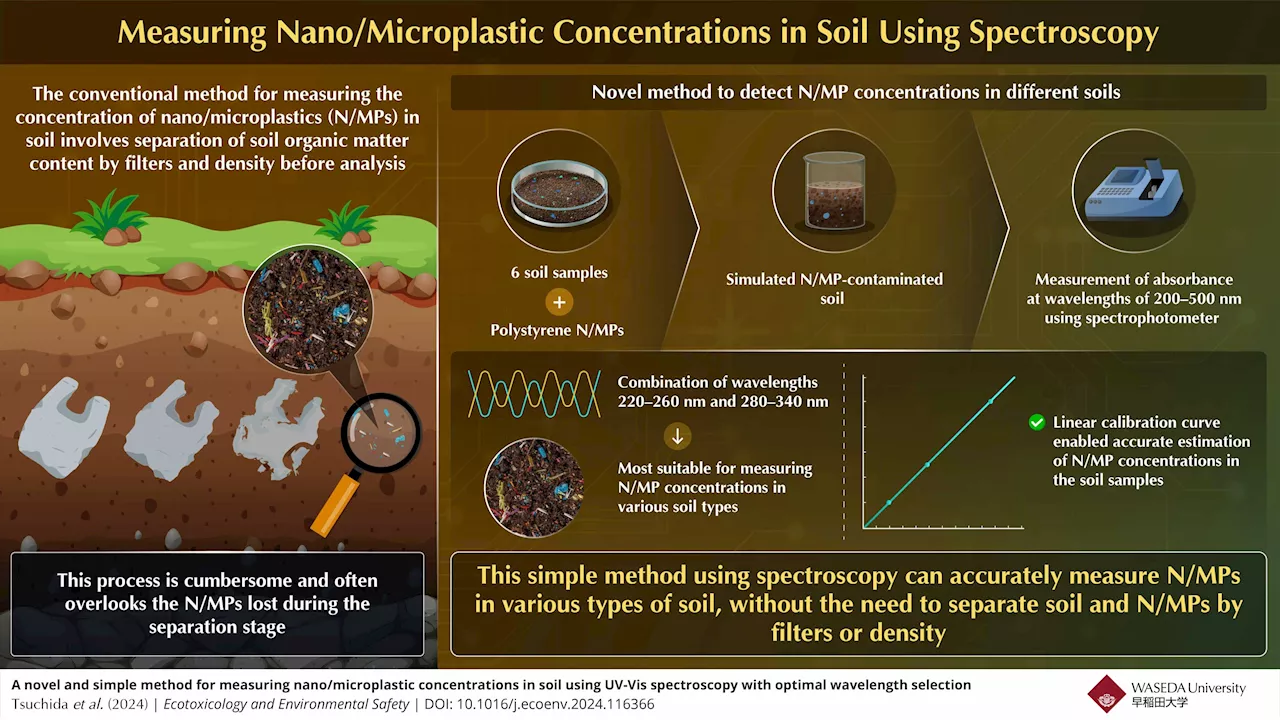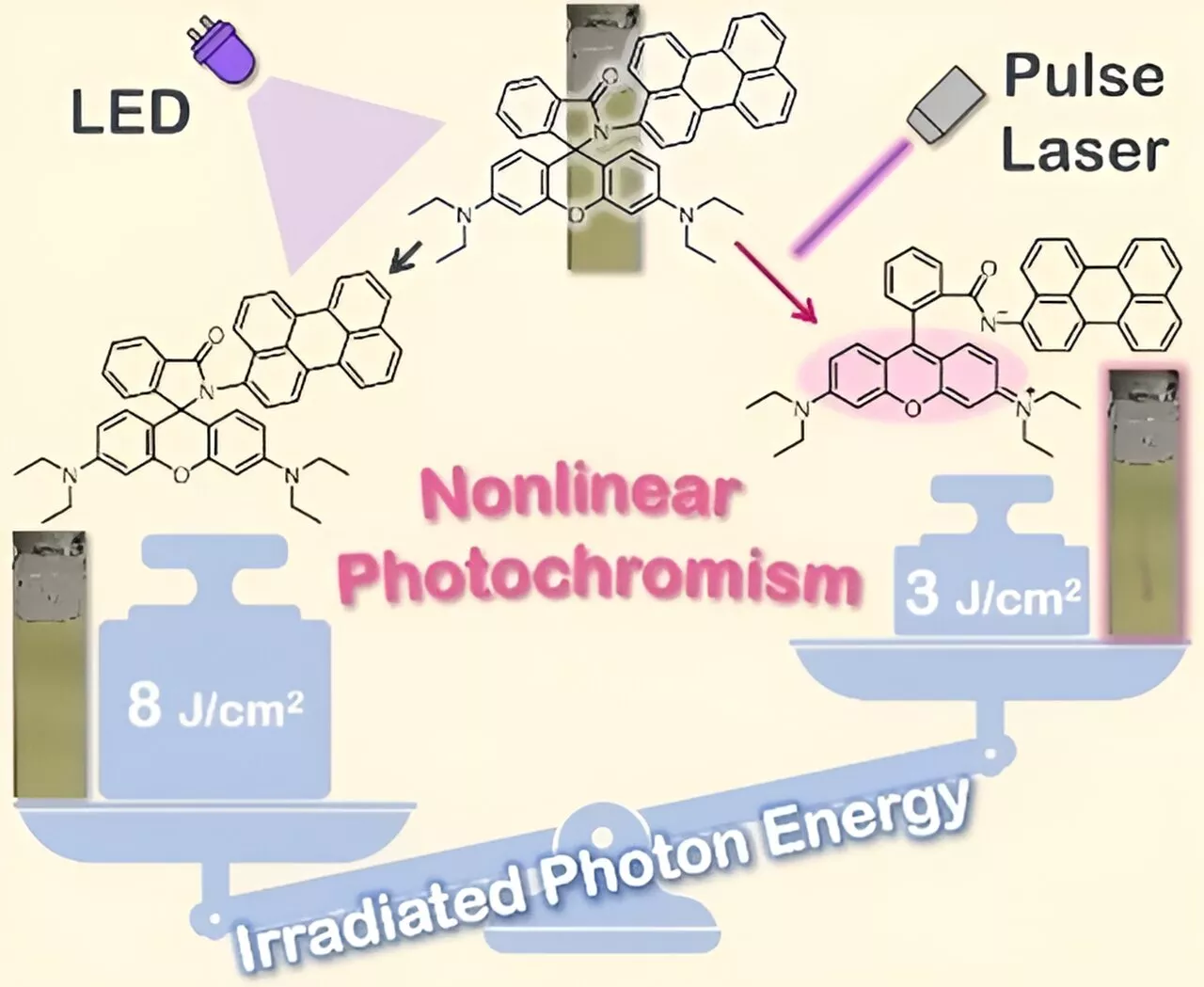A new study has found that a novel discourse treatment improved the communication abilities of people with aphasia, a language disorder commonly resulting from stroke.
Aphasia is a condition that affects a quarter of stroke survivors. It impairs communication abilities, including speaking, listening, reading, and writing. Aphasia can have a profound impact on social relationships, employment, and overall quality of life.
The study, which was led by Professors Madeline Cruice and Lucy Dipper from the Centre for Language and Communication Sciences Research at City and funded by the Stroke Association, involved 28 participants with chronic aphasia, split equally into immediate treatment and delayed treatment groups. Treatment was structured into 20 sessions over 10 weeks, each lasting an hour. Sessions were conducted via Zoom, making the therapy accessible during the COVID-19 pandemic.
Professor Cruice, Professor of Aphasia Rehabilitation and Recovery, said:"Our findings demonstrate the potential of narrative-based interventions to make a real difference in the lives of people with aphasia. We hope this study encourages further research and adoption of discourse-focused therapies, ultimately leading to more holistic and effective rehabilitation practices.
Pharmacology Alternative Medicine Healthy Aging Language Acquisition Literacy Social Psychology Relationships
United States Latest News, United States Headlines
Similar News:You can also read news stories similar to this one that we have collected from other news sources.
 WSP: Driver caught using impressive dummy to evade fines while using HOV lanesA Washington State Patrol (WSP) trooper ticketed a man for driving in the High Occupancy Vehicle (HOV) lanes with a fake 'dummy' passenger.
WSP: Driver caught using impressive dummy to evade fines while using HOV lanesA Washington State Patrol (WSP) trooper ticketed a man for driving in the High Occupancy Vehicle (HOV) lanes with a fake 'dummy' passenger.
Read more »
 Boost MongoDB Performance: Motor Client vs PyMongoTo illustrate the performance differences, I prepared a stress test using two scripts: one using Motor (asynchronous) and the other using PyMongo (synchronous).
Boost MongoDB Performance: Motor Client vs PyMongoTo illustrate the performance differences, I prepared a stress test using two scripts: one using Motor (asynchronous) and the other using PyMongo (synchronous).
Read more »
 Novel quantum sensor breaks limits of optical measurement using entanglementThe Korea Research Institute of Standards and Science (KRISS) has developed a novel quantum sensor technology that allows the measurement of perturbations in the infrared region with visible light by leveraging the phenomenon of quantum entanglement.
Novel quantum sensor breaks limits of optical measurement using entanglementThe Korea Research Institute of Standards and Science (KRISS) has developed a novel quantum sensor technology that allows the measurement of perturbations in the infrared region with visible light by leveraging the phenomenon of quantum entanglement.
Read more »
 Novel method for measuring nano/microplastic concentrations in soil using spectroscopyCurrent techniques for measuring nano/microplastic (N/MP) concentrations in soil require the soil organic matter content to be separated and have limited resolution for analyzing N/MPs sized |1 m.
Novel method for measuring nano/microplastic concentrations in soil using spectroscopyCurrent techniques for measuring nano/microplastic (N/MP) concentrations in soil require the soil organic matter content to be separated and have limited resolution for analyzing N/MPs sized |1 m.
Read more »
 A novel method for measuring nano/microplastic concentrations in soil using spectroscopyNano and microplastics are a well-known menace, found practically everywhere in nature, including soil, oceans, drinking water, air, and even the human body. Studies show that soils in particular hold a significant portion of N/MPs.
A novel method for measuring nano/microplastic concentrations in soil using spectroscopyNano and microplastics are a well-known menace, found practically everywhere in nature, including soil, oceans, drinking water, air, and even the human body. Studies show that soils in particular hold a significant portion of N/MPs.
Read more »
 Novel design approach achieves nonlinear photochromism using easy-to-synthesize rhodamine spirolactam derivativesPhotochromic compounds, which change their color when exposed to light, have been widely used as photo switches to control different properties of materials.
Novel design approach achieves nonlinear photochromism using easy-to-synthesize rhodamine spirolactam derivativesPhotochromic compounds, which change their color when exposed to light, have been widely used as photo switches to control different properties of materials.
Read more »
